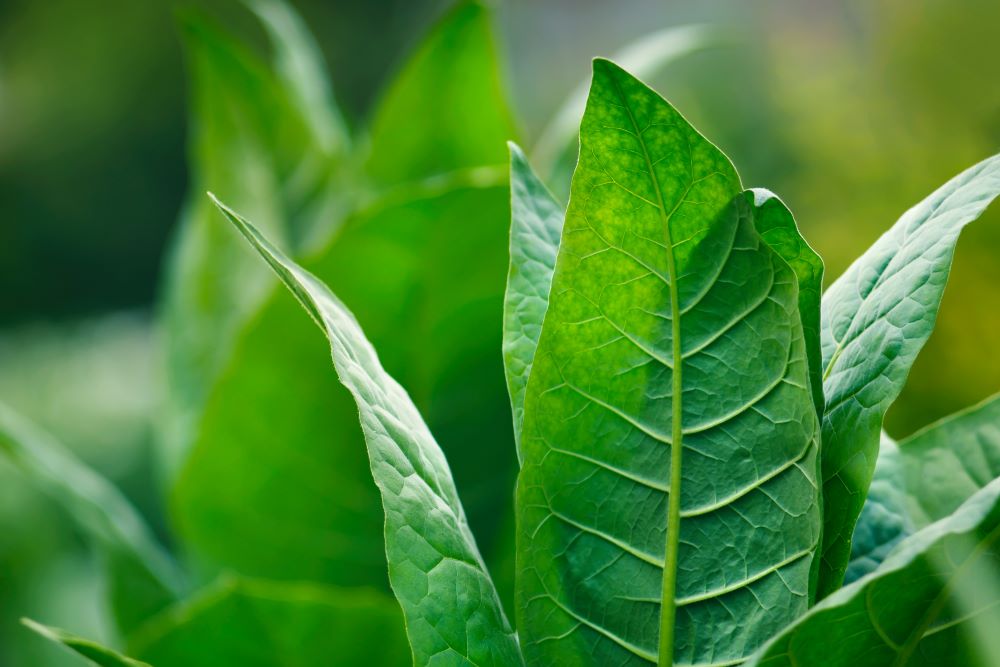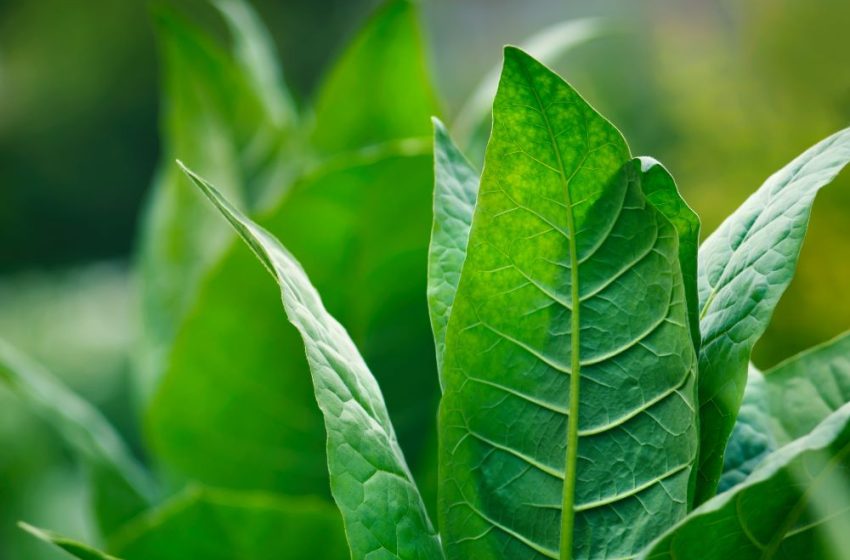
The tobacco plant Nicotiana benthamiana is being used to create pharmaceuticals more sustainably than industrial manufacturing methods, according to a report in EurekAlert!
University of Queensland researchers have used the plant to create a drug to treat multiple sclerosis.
“We are using the natural ability of plants to produce cyclotides—strings of amino acids in a circular shape—which makes them very stable and suitable as oral drugs,” said David Craik, professor at the University of Queensland’s Institute for Molecular Bioscience.
“Using modern molecular biology techniques, we can effectively instruct the plant cell to produce the molecule of interest.
“The wild tobacco leaves are then harvested, freeze-dried, and the molecule is processed to be turned into oral medication.”
“Harnessing plants as ‘biofactories’ is more cost-effective as it uses fewer resources and is less wasteful, with a much simpler production process,” said Mark Jackson from the Institute for Molecular Bioscience, comparing the process to industrial manufacturing methods. “This method can also scale up very sustainably—using just light, water and nutrients.”
“We have shown it is possible to scale up production of cyclotides in plants, providing a platform for growing other medications for pain, cancer or obesity,” Craik said. “There is also an opportunity to build capacity for biomanufacturing in Australia with advances in vertical farming—where we can easily have a controlled environment to grow the plants.”
Tobacco Reporter covered the potential of tobacco as green bioreactors in-depth in its April 2022 issue.











